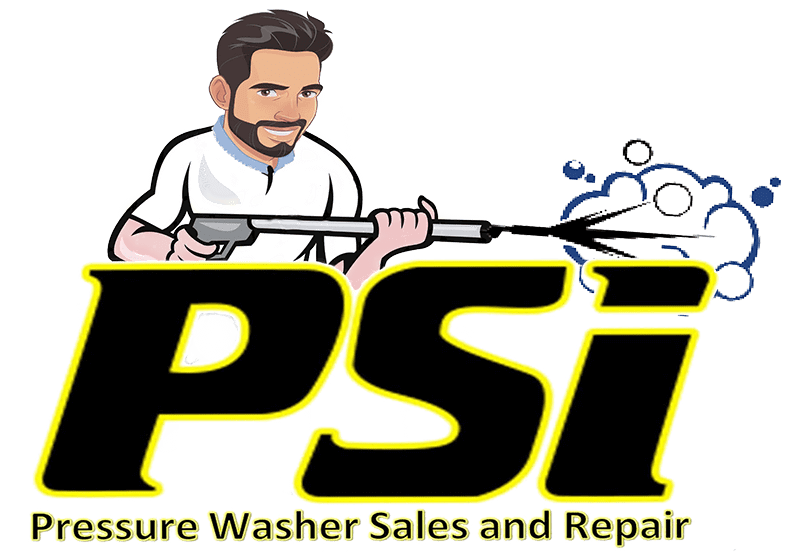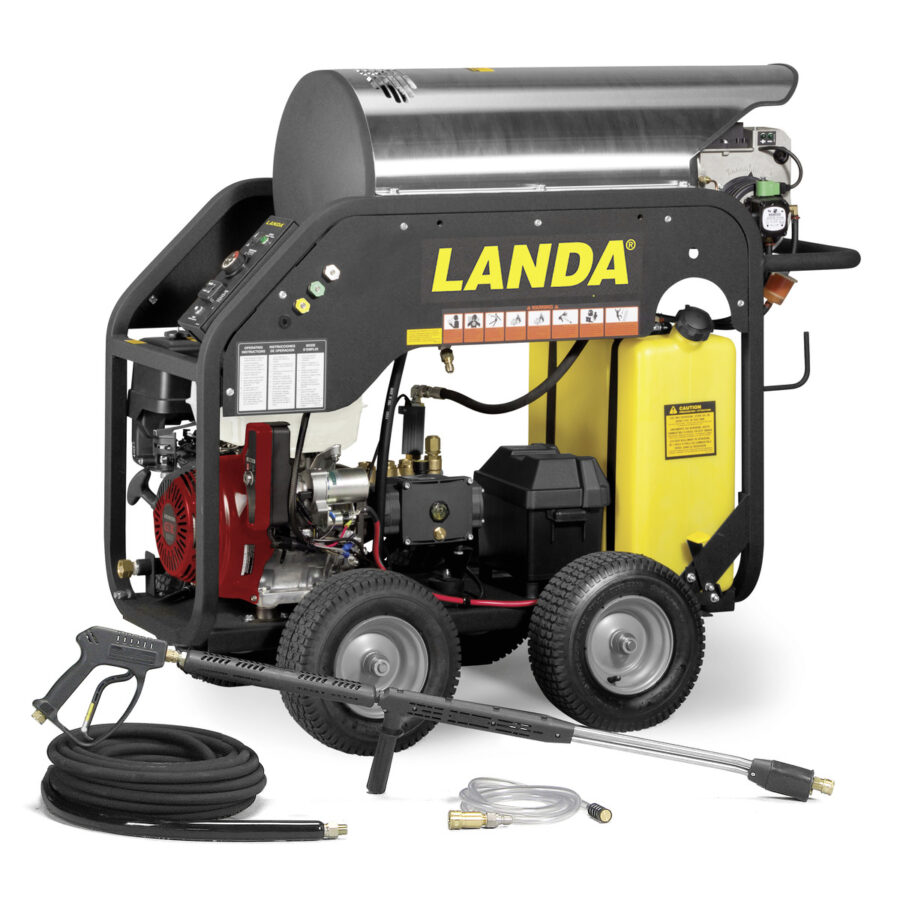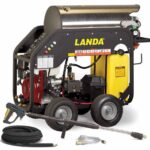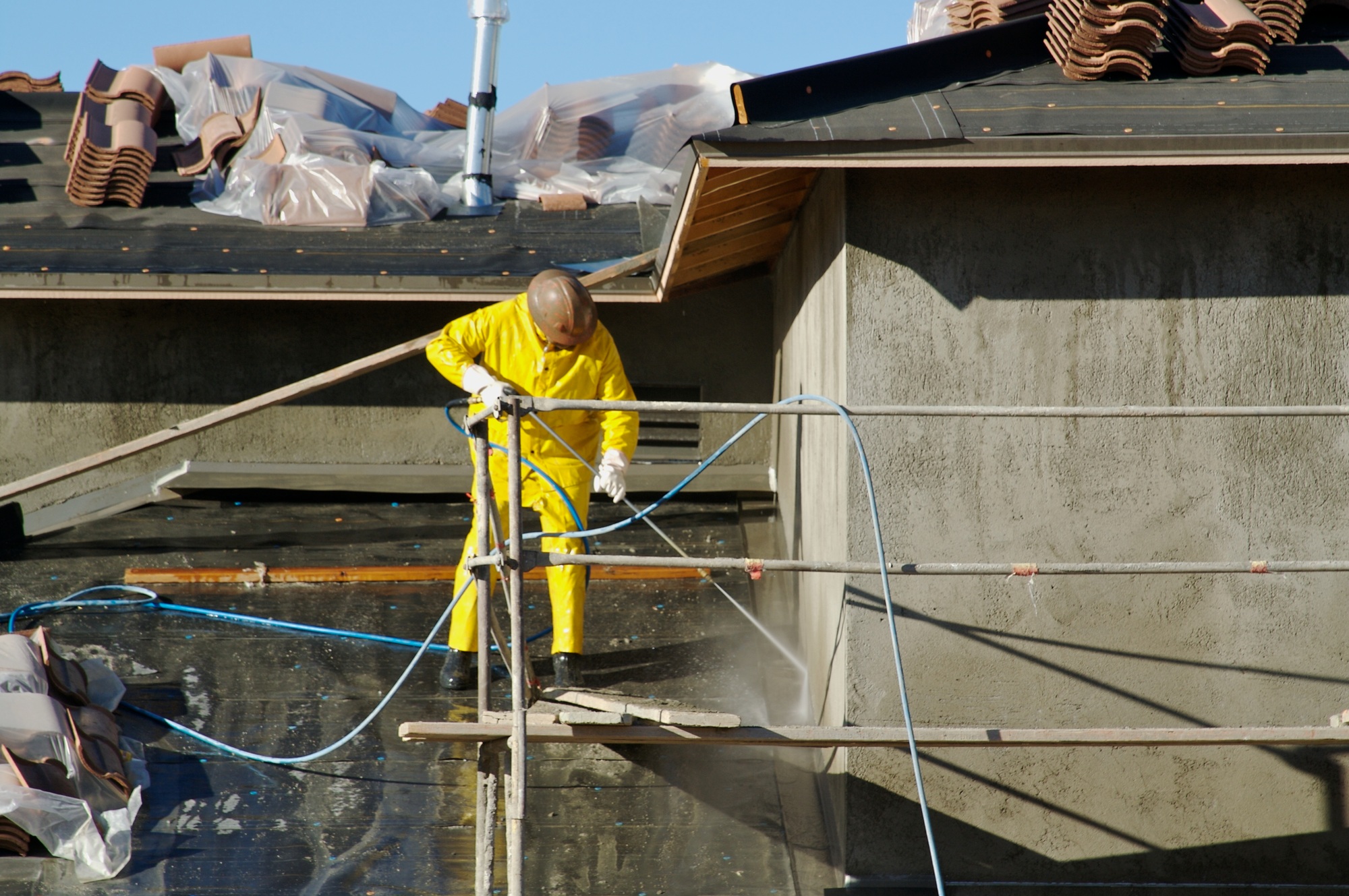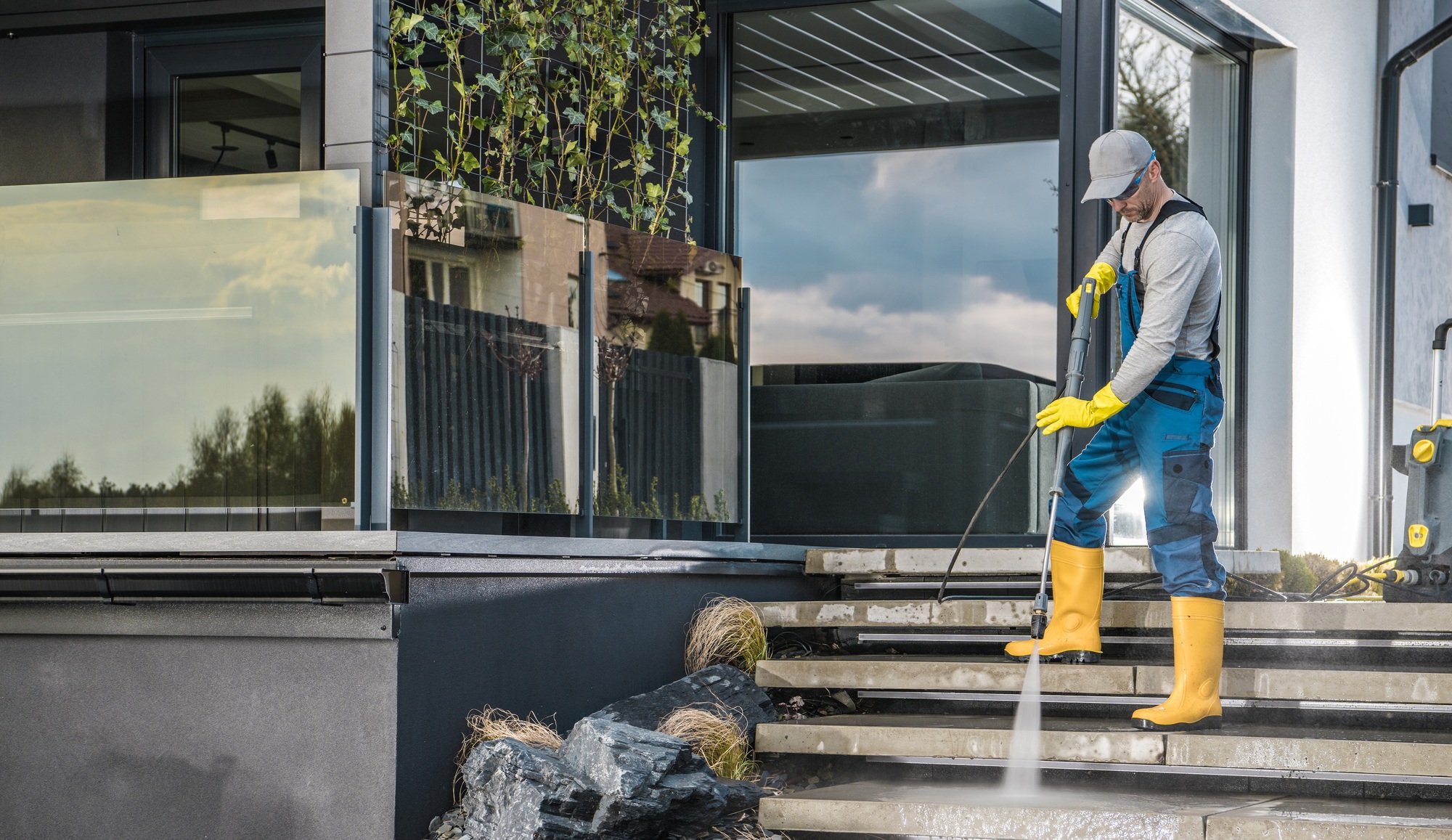At PSI Products, we know that heavy-duty cleaning requires more than just water pressure—it demands performance, precision, and durability.
Whether you’re maintaining a construction fleet, cleaning manufacturing equipment, or managing large commercial properties, the right industrial pressure washer can dramatically improve efficiency and results.
But with so many models and features on the market, how do you choose the right one for your unique environment?
In this guide, we’ll walk you through the top 10 factors to consider when selecting an industrial pressure washer for high-demand tasks.
1. Understand Your Application Needs
Start by clearly identifying what and where you’ll be cleaning.
Will you be removing:
- Caked-on mud from heavy machinery?
- Grease and oil in industrial kitchens or workshops?
- Mold, graffiti, or old paint from concrete or siding?
Different tasks require different power levels and cleaning technologies. Defining your job requirements helps you choose a machine with the right features from the start—saving time and money in the long run.
2. Know the Difference Between PSI and GPM
Two primary specifications define a pressure washer’s capability:
- PSI (Pounds per Square Inch) – Measures water pressure and determines the machine’s force. For industrial tasks, we typically recommend a minimum of 3,000 PSI.
- GPM (Gallons per Minute) – Reflects the water flow rate. A higher GPM cleans larger areas faster.
Together, PSI and GPM determine a washer’s cleaning units (CU), a quick calculation of overall power.
For example, a 4,000 PSI / 4 GPM unit yields 16,000 CU—ideal for intense industrial applications.
3. Hot Water vs. Cold Water
Cold water pressure washers are perfect for removing dirt, mud, and debris from surfaces like sidewalks, fences, and vehicles.
Hot water pressure washers, on the other hand, are essential for breaking down oils, grease, and chemical residues. They’re ideal for food processing, automotive, and manufacturing environments.
While hot water machines come at a higher initial cost, they cut cleaning time dramatically in greasy environments—often making them more economical over time.
4. Choose Your Power Source
Industrial pressure washers are typically powered in one of two ways:
- Gas-Powered – Best for outdoor and remote jobs where electricity isn’t available. They offer more power and mobility but require more maintenance.
- Electric-Powered – Ideal for indoor use or areas with consistent access to electricity. They’re quieter, cleaner, and often easier to maintain.
Your worksite setup will largely determine the best power option. At PSI Products, we offer both configurations and can help you evaluate which fits your workflow.
5. Prioritize the Right Pump Type
The pump is the heart of a pressure washer—and not all pumps are created equal.
- Axial Cam Pumps are common in residential and light commercial models. They’re cost-effective but not designed for daily use.
- Triplex Plunger Pumps are the gold standard for industrial use. Built for frequent, high-pressure jobs, these pumps offer long life spans and reliable performance.
For heavy-duty use, we strongly recommend triplex pumps, which we include in all of our top-tier industrial models.
6. Portability and Design Matter
Your pressure washer should support your workflow, not hinder it.
Consider:
- Wheeled units or trailer-mounted models for large facilities or remote job sites
- Stationary models for centralized cleaning operations, such as in warehouses or factories
- Ergonomic hose reels and wand holders to reduce setup time and fatigue
The right configuration improves speed, safety, and storage efficiency.
7. Focus on Safety Features
Industrial cleaning environments can be unpredictable.
Make sure your pressure washer includes:
- Automatic shut-off to prevent overheating
- Thermal relief valves to protect the pump from hot water buildup
- Safety locks on spray guns to avoid accidental discharge
- Pressure regulation for controlled output on delicate surfaces
These features protect not just the machine, but your team as well.
8. Consider Maintenance Requirements
Even the best machine needs occasional maintenance.
Before purchasing, ask:
- Are replacement parts easy to source?
- Is the brand known for service support and technical documentation?
- Are routine components—like nozzles, filters, and hoses—readily available?
At PSI Products, we stock a full line of service parts and accessories and offer responsive technical support so you’re never left in the lurch.
9. Budget for Performance, Not Just Price
While it’s tempting to choose a lower-cost unit, the real question is: what’s the cost of downtime or subpar results?
A quality pressure washer may require a larger upfront investment, but it will outperform and outlast lower-end models, providing greater value over its service life.
We’re happy to help you compare cost-to-benefit scenarios and find a solution that maximizes ROI.
10. Don’t Forget Accessories
The right attachments can transform your pressure washer’s versatility:
- Turbo nozzles for extra power
- Rotating surface cleaners for large flat areas like parking lots
- Detergent injectors for stubborn grime
- Telescoping wands for high-reach cleaning
We offer a complete range of industrial-grade accessories to help you customize your machine for any challenge.
Let PSI Products Help You Choose with Confidence
At PSI Products, we specialize in helping contractors, facility managers, and industrial operators find the exact equipment they need.
With years of experience and a commitment to quality, we’re your go-to resource for high-performance pressure washers and expert support.
Need help evaluating your options? Give us a call or visit us online to speak with one of our specialists.
We’ll help you match the right pressure washer to your toughest job—so you can work smarter, faster, and cleaner.
